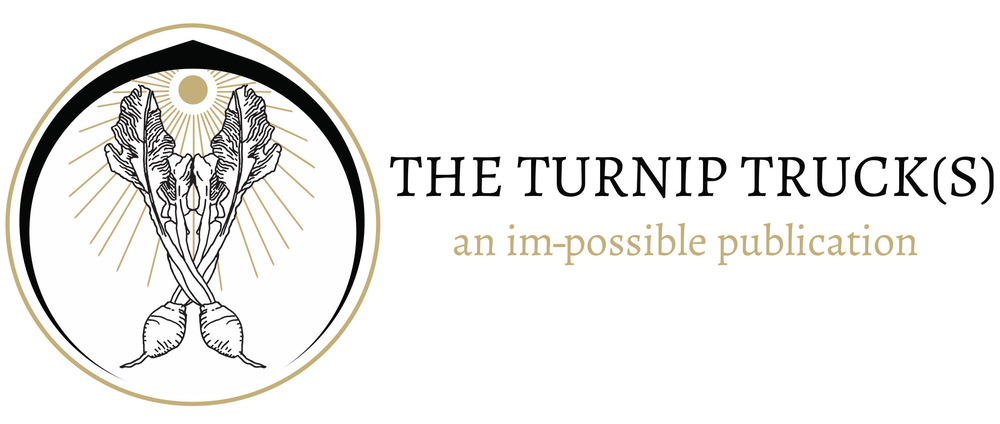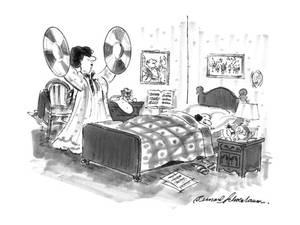Most people have watched a cartoon character be startled awake by his rival banging cymbals or blowing a horn, but few people have experienced the startling sound only to wake up alone in a quiet room. Approximately 10-15% of the population have experienced this auditory hallucination and parasomnia sleep disorder called “Exploding Head Syndrome” or “Episodic Cranial Sensory Shock.” EHS sufferer Niels Nielson described his experience as a “sudden crescendo of noise, then a profound and jarring explosion of sound, electrical fizzing and a bright flash...”[1]
Since the event is a hallucination, people who experience it are often fearful it is a symptom of a much more serious condition or bashful to report the symptom to their doctor. The nature of condition also lends to the belief in the supernatural or alien abduction conspiracy theories. Psychology professor Brian Sharpless told BBC, “People can sense these strange explosions in their head, and they may think they’ve had something implanted in their brain. Or they feel this surge of electricity and they think they’ve been shot by some kind of new energy weapon.”[2]Psychologist and parapsychology researcher Simon Sherwood discovered a link between those who experience EHS and a belief in the supernatural.[3]
Though no one knows exactly what causes EHS, hopefully few people are losing sleep in fear of an alien abduction. What researchers suspect is that the sound hallucination is the result of the brain shutting down. Sharpless told Time: “‘The way I usually describe EHS is by considering the brain to be a computer,’ says Sharpless. ‘You go through a series of steps when you’re shutting down your computer, and your brain does the same thing. As you go to sleep, your auditory and visual neurons are normally inhibited. What we think happens during EHS is that instead of shutting down, these neurons fire all at once. When they do they, they create a perception of sound, which is why sufferers hear the loud noises.”[4]
[1]Helen Thomas, “‘I Have Exploding Head Syndrome’” BBC. April 10, 2015. http://www.bbc.com/future/story/20150409-i-have-exploding-head-syndrome
[2]Ibid.
[3]Rod Tanchanco, “How to Defuse Exploding-Head Syndrom,” The Atlantic. Jan. 30, 2015. https://www.theatlantic.com/health/archive/2015/01/how-to-defuse-exploding-head-syndrome/384553/
[4]Kate Samuelson, “What it’s Like to Have Exploding Head Syndrome,” Time. July 17, 2016. http://time.com/4839530/exploding-head-syndrome/





